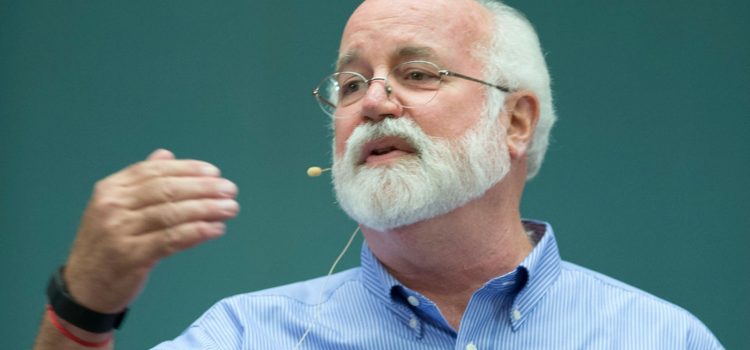
What does it mean to serve those living on society’s margins? How can spiritual principles help at-risk youth and gang-involved individuals?
Greg Boyle’s memoir, Tattoos on the Heart, illuminates the transformative work of the Jesuits’s mission in Los Angeles’s gang territories. Boyle demonstrates how divine love and understanding can create lasting change in marginalized communities.
Discover the power of building inclusive communities below.
Faith and Spiritual Foundations
The Jesuits’s mission and spiritual principles profoundly influence the approach to supporting at-risk youth and those involved in gang activities. Every aspect of life can reveal the sacred, a notion emphasized by the Jesuit Order’s founder. This philosophy advocates for God-centered efforts, aiming for a deeper understanding and closeness with the divine, while referencing Ignatius’s concept of an ever-expanding God. Each encounter is guided by the belief that every person is a manifestation of the divine, compelling interactions that honor each individual’s sacred heritage. The Jesuit community serves as a significant shaping force in this spiritual work.
Divine Love and Understanding
God is portrayed as abundant in love, understanding, and welcoming presence, maintaining a deep connection with those living on society’s margins. Empathy and inclusivity deeply influence this understanding of spirituality, drawing wisdom from reflective realizations and historical figures like Julian of Norwich, alongside lessons learned from experiences at the Dolores Mission. Divine love knows no bounds, remains unwavering, and extends unconditionally, as demonstrated through consistent kindness to everyone, regardless of whether they’ve been victims or caused others’ pain. These themes echo biblical messages that emphasize God’s delight in humanity rather than condemnation, compelling the embrace of each person as someone deeply valued by the divine.
Theological Framework in Action
The work draws direct inspiration from Jesus’s teachings and experiences. Jesus’s mission is fundamentally centered on the divine, a quality that shines through in pastoral duties today. This manifests in a steadfast commitment to society’s marginalized individuals, mirroring Jesus’s merciful actions – like when he reached out to touch a leper before healing them. The ministry’s objectives parallel Jesus’s mission of crossing social divisions to connect with those deemed unclean or marginalized, focusing on shared human dignity. Jesus consistently stood with society’s outcasts until he was either embraced or crucified, a stance that reflects the current ministry’s ethos.
Building Inclusive Community
The vision extends beyond traditional boundaries, acknowledging universal human wounds while fostering inclusion. This approach emphasizes kinship and the joy of mutual love, embracing a worldview that reflects God’s desire for inclusivity. Community building happens through birthday celebrations, shared joy, and recognition of the sacred in every interaction. These all signify a collective spiritual connection. The sanctuary becomes a haven offering comfort to the homeless, demonstrating its commitment to genuine community inclusion. This encourages deep engagement in collective joy, nurturing bonds that expand to embrace the wider divine cosmos.






